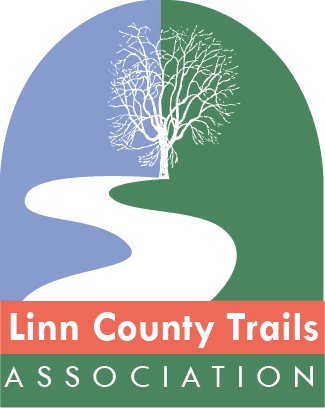By Ashley Halsey III
Washington Post Staff Writer
Wednesday, March 9, 2011; 10:53 PM When bicyclists arrive on Capitol Hill on Thursday to make their annual funding pitch, their message will be tailored to the tenor of the times.
For example, Rep. John Sarbanes (D-Md.) will learn that his district is home to 51 stores that sell bikes and that those stores grossed more than $20 million in 2009. Bikes, he’ll be told, are sold by small-business owners, and those sales create jobs.
And, by the way, if you’re looking to develop transportation alternatives in these tight times, bike paths and bike lanes are a whole lot less expensive than new highways and commuter rail lines.
With mountains of debt being circled by budget hawks on the Hill, preaching the bike gospel of good health benefits and a green alternative to carbon-belching autos seems so 2007.
In 2011, bikes are small business and cheap transportation.
The hundreds of bike advocates encamped at the Grand Hyatt for the National Bike Summit have been armed with fact sheets for their foray to the Capitol. Just like Sarbanes, members will be told precisely how many stores sell bikes in their districts and how much their constituents spend on two-wheelers.
The cyclists want continued dedicated funding for three key federally backed programs: a $117 million program to develop safe routes that promote walking and biking to school by children; a program that builds and maintains recreation trails; and funding for bicycling and pedestrian projects.
Their first objective is to preserve those programs in the cost-cutting debate over the 2011 federal budget, and then to see them maintained in the long-term transportation funding bill that may be considered this year. They are armed with statistics that show that 1.5 percent of federal transportation dollars are spent to support biking and walking while 12 percent of all trips are on two feet or two wheels.
With 96 new members in the House and 16 in the Senate, a freshman class heavily salted with tea party conservatives, cyclists preparing to meet those people for the first time were briefed Wednesday to keep the focus on job creation.
“Their perspective seems to be that if the feds fund it, it needs to be cut,” said Gary Sjoquist of the Bikes Belong coalition. “We have to meet these people where they are. Let’s make sure we get the business and economic message out first. Bikes mean business.”
Sjoquist talked of a town of 800 in his home state of Minnesota that profited from 200,000 bike-riding tourists after building a trail. “They promote tourism,” said Tom Sauret of the International Mountain Bicycling Association. “It’s important to make that point.” Sauret warned that funding for recreational trails – $18.2 million in 2010 – was in danger, but the government affairs director for his group was more optimistic.
“I think that people underestimate that trails are really important back in the [congressional] districts,” said Jenn Dice. “If you have the C&O Trail in your back yard, that’s a boon. When the mine leaves town or the timber industry leaves town, dozens of communities have found that trails have come in to draw tourism.”
Tyler Frisbee, an aide to Rep. Earl Blumenauer (D-Ore.), provided the cycling lobbyists with the answer to one question she said they could expect.
“Some of the new members, particularly the tea party members, will ask, ‘Why does the federal government care about bicycling?’ ” Frisbee said. “The answer is that the federal government is charged with funding an effective transportation system, not just a federal car system. But don’t worry: They are not persecuting you. They’re asking, ‘What’s the federal role’ of everybody who comes to them.”
